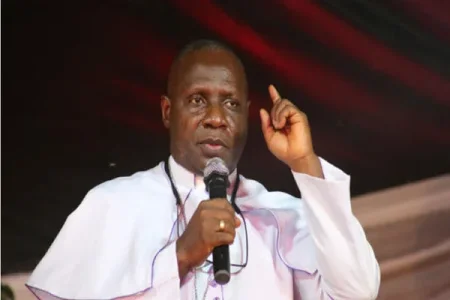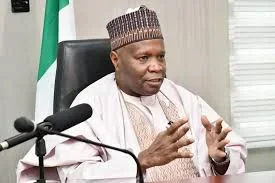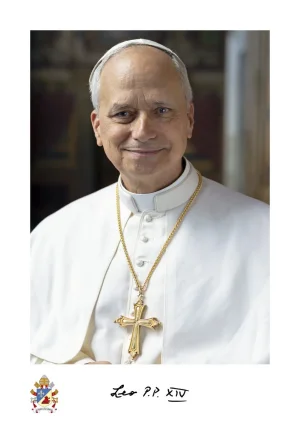
Ahead of Nigeria’s August 1 protest, the Christian Association of Nigeria (CAN) has urged citizens to consider alternative grievance methods, citing concerns over potential violence. CAN emphasizes peaceful dialogue and petitions as safer options and calls on the government to address critical issues like governance costs and security.
Ahead of the nationwide protest scheduled for August 1, 2024, the Christian Association of Nigeria (CAN) has urged Nigerians to consider alternative methods of expressing their grievances. In a statement released on Friday, CAN President Archbishop Daniel Okoh expressed empathy for the widespread frustration and anger among Nigerians but cautioned against the potential pitfalls of the planned protests.
While acknowledging the constitutional right to peaceful protest, CAN highlighted concerns about the protests being hijacked by criminals. The statement reflects on past experiences, notably the #ENDSARS and #RevolutionNow protests, which, despite their legitimate causes, were marred by violence and property destruction.
“The right to assemble and voice discontent is a cornerstone of our democracy and must be protected and respected,” said Okoh. “However, recent events have shown us that mass demonstrations can quickly descend into chaos if not properly managed.”
CAN suggests that Nigerians explore alternative grievance mechanisms such as dialogue, petitions, and town hall meetings. These methods, according to the association, could prevent potential disruptions and safeguard national assets. The statement also calls on the government to address critical issues, including reducing the cost of governance, implementing the national minimum wage, and tackling security challenges like kidnappings and banditry.
Okoh concluded with an appeal for peace and unity, quoting Matthew 5:9: “Blessed are the peacemakers, for they shall be called the children of God.” The statement emphasizes the need for collective effort and constructive engagement to navigate the current socio-political climate.




